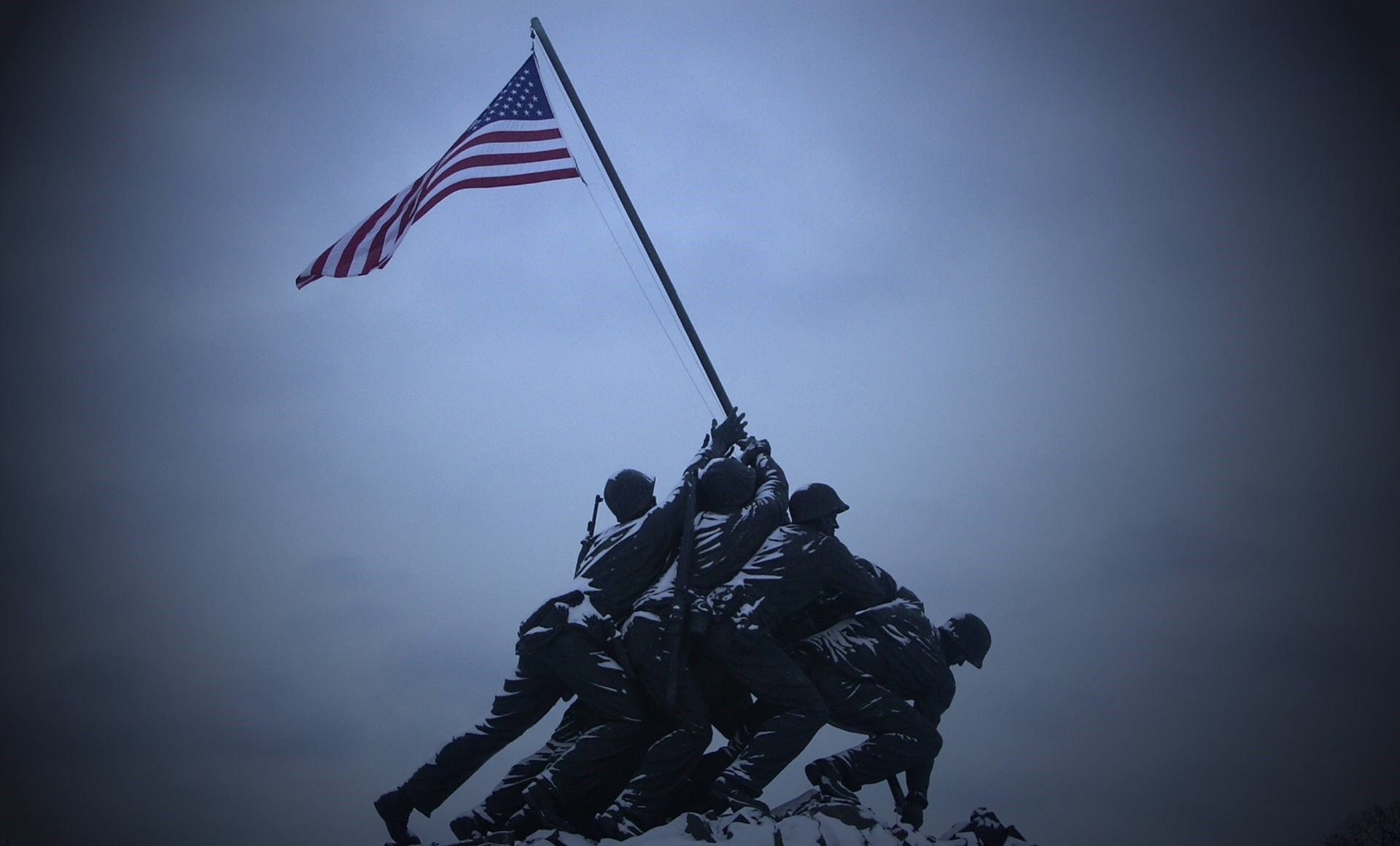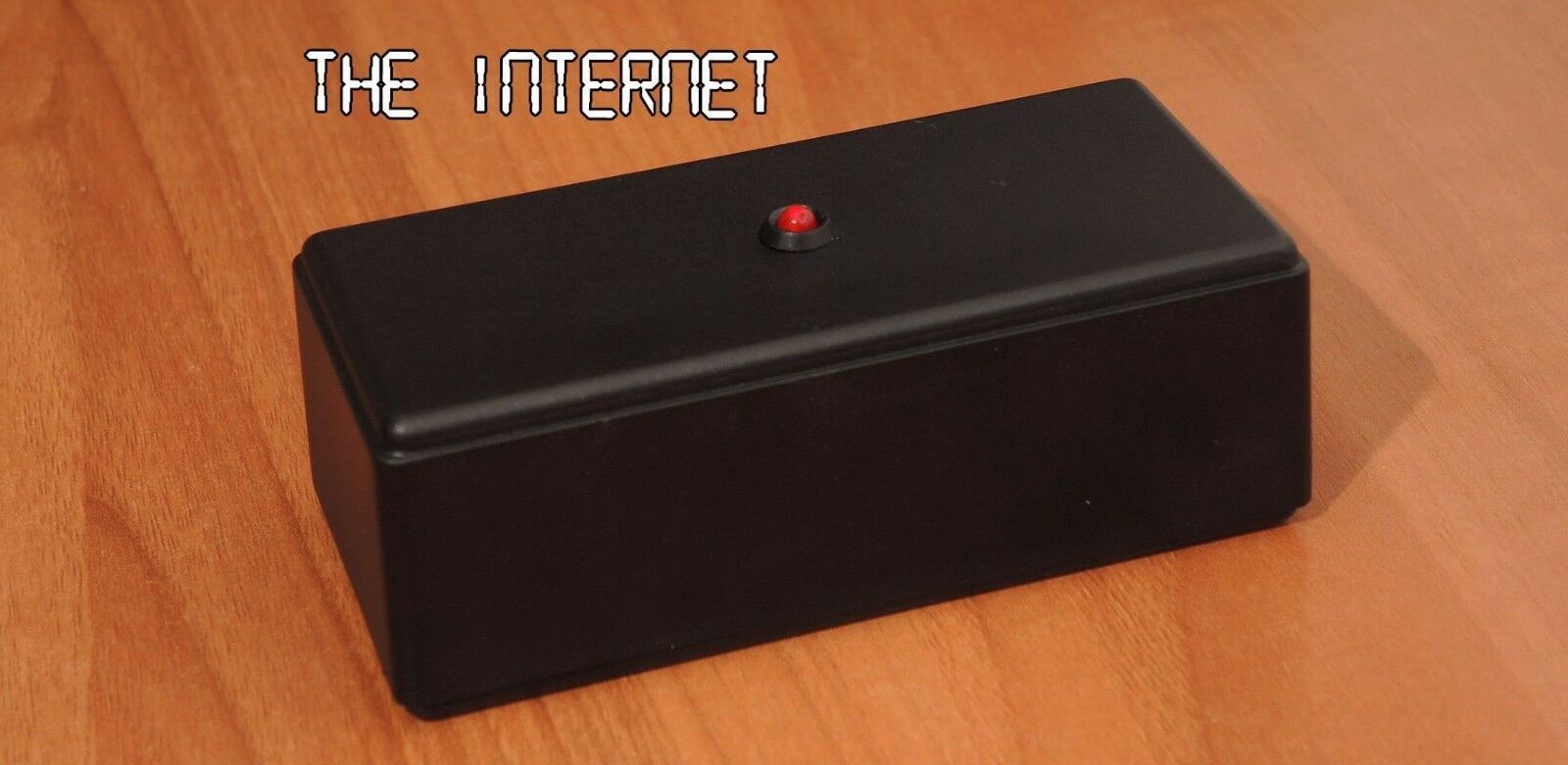Demanding the right to "bear servers"

In the Wild West of the modern Internet, the people must be able to wield (ie. run) their own infrastructure.
The Second Amendment to the US Constitution allows the populace to control their own destiny in self-defense against both the wilderness and authoritarianism; in a similar vein, controlling our own infrastructure (email, social networking etc.) allows us a form of self-defense against monopolization and monetization of the Internet by big players.
It is 1776 and a new country is being born. Over the next few decades a story of revolution, conquer, expansion will unfold; settlers and adventurers fanning out across an enormous new continent. Law enforcement lags behind, but the newcomers must defend themselves against a tough landscape: wild animals, indigenous people, other settlers - potentially the government itself. Eager to maintain prosperity, the young government updates its foundation, adding The Second Amendment:
A well regulated Militia, being necessary to the security of a free State, the right of the people to keep and bear Arms, shall not be infringed.
The newcomers have the odd scuffle but conquer the entire continent. The new country is the USA and it goes on to become the world’s richest and define human progress for generations.
Fast forward.
It is 2014 and humans are communicating all over the planet in milliseconds. A huge, tremendously fertile place has been created where amazing new things are happening: the Internet. It is a new frontier for humanity in many of the same ways the settlers of 1776 faced.
A small number of services exist that are so good people have flocked to them, creating huge entities and sucking away the market for alternatives. They have names like “Netflix”, “Facebook”, “Twitter” and “Google”. They cost no money but their price is insanely high: privacy and decreased diversity.
They are like the dinosaurs that lived millions of years ago: they have become huge because nothing constrains their growth. And so many people are addicted to them that they can do whatever they want.
That is a threat to humans, and it’s one I want to fight. I want to be able to live dinosaur-free: to run my own version of these services for family and friends, and I want it to be in the form of a box I buy from Radio Shack for a few dollars.

This magical device doesn’t exist yet, but when it does, it will store our files, run our email, websites, blogs, and hold data on what we’re doing in equivalents to Facebook and Twitter that talk to friends’ devices. It will be part of a global network based on permission instead of a single platform that exists to sell eyeballs to advertisers. Like the frontier people of the 18th century I propose we, the citizens of this new frontier demand that
The right of the people to keep and bear Servers, shall not be infringed.
Such an amendment will create a commercial climate that lets people control their own hardware and thus pay to store - and share - data privately. The only physical territory with enough control of the Internet to do this is the United States of America, founded in 1776. The USA is founded on the values of freedom and privacy and this continues that theme, so it can and should enshrine this in law.
When the day comes that we can share our data only with who we choose, we will have the basic rights we take for granted in the physical world. Maybe the Internet dinosaurs will go extinct and maybe not, but either way, there will be an explosion of diversity and that will create opportunities for privacy-focused products as well. The future looks bright but we have to bring it about.
We, the people of the Internet, demand the right to bear servers.